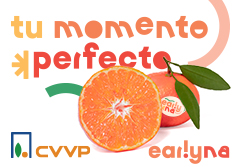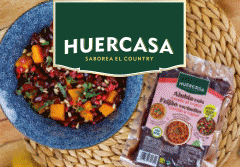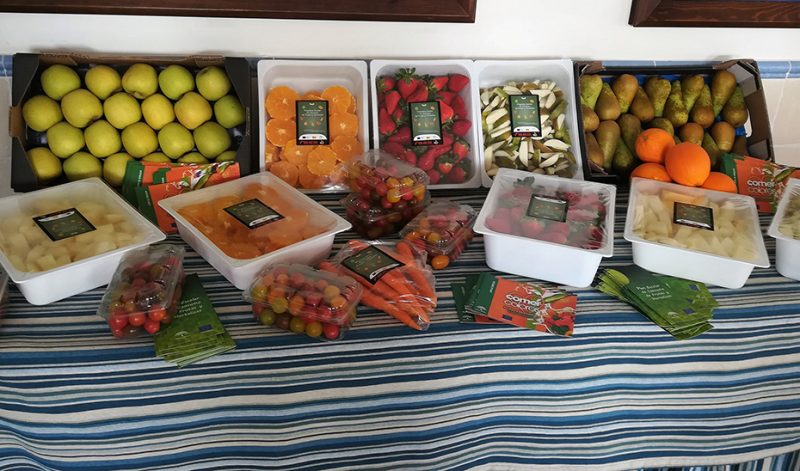As part of its Farm to Fork strategy and revised Common Agricultural Policy (CAP), the European Commission is advocating for more structured public procurement rules that favor locally grown, seasonal produce. This effort is especially focused on school canteens across the EU, which serve millions of meals daily and play a key role in shaping children’s eating habits.
The Commission sees this initiative as a way to stimulate demand for EU-grown fruits and vegetables, while reducing dependence on imports that may not meet the same environmental, labor, or food safety standards. By integrating “Made in Europe” criteria into school food contracts, Brussels aims to create a virtuous cycle that supports local farmers, shortens supply chains, and improves the nutritional quality of school meals.
Agriculture Commissioner Janusz Wojciechowski emphasized that “children deserve healthy food, and our farmers deserve fair access to local markets.” The initiative aligns with the EU’s School Fruit and Vegetables Scheme, which already supports the distribution of fresh produce to schoolchildren, now with greater emphasis on local sourcing.
RELATED NEWS: Spain will receive 20% less EU funds for the CAP and Cohesion starting in 2027
However, challenges remain in harmonizing procurement policies across Member States and avoiding excessive bureaucracy that might exclude smaller producers. The Commission is currently working with national authorities to streamline guidelines and provide technical support to schools and municipalities.
The updated rules, which are expected to be part of the broader “Food Systems Framework Law” in 2025, could mark a turning point in the integration of sustainable, European-grown fruits and vegetables into public food systems.




















